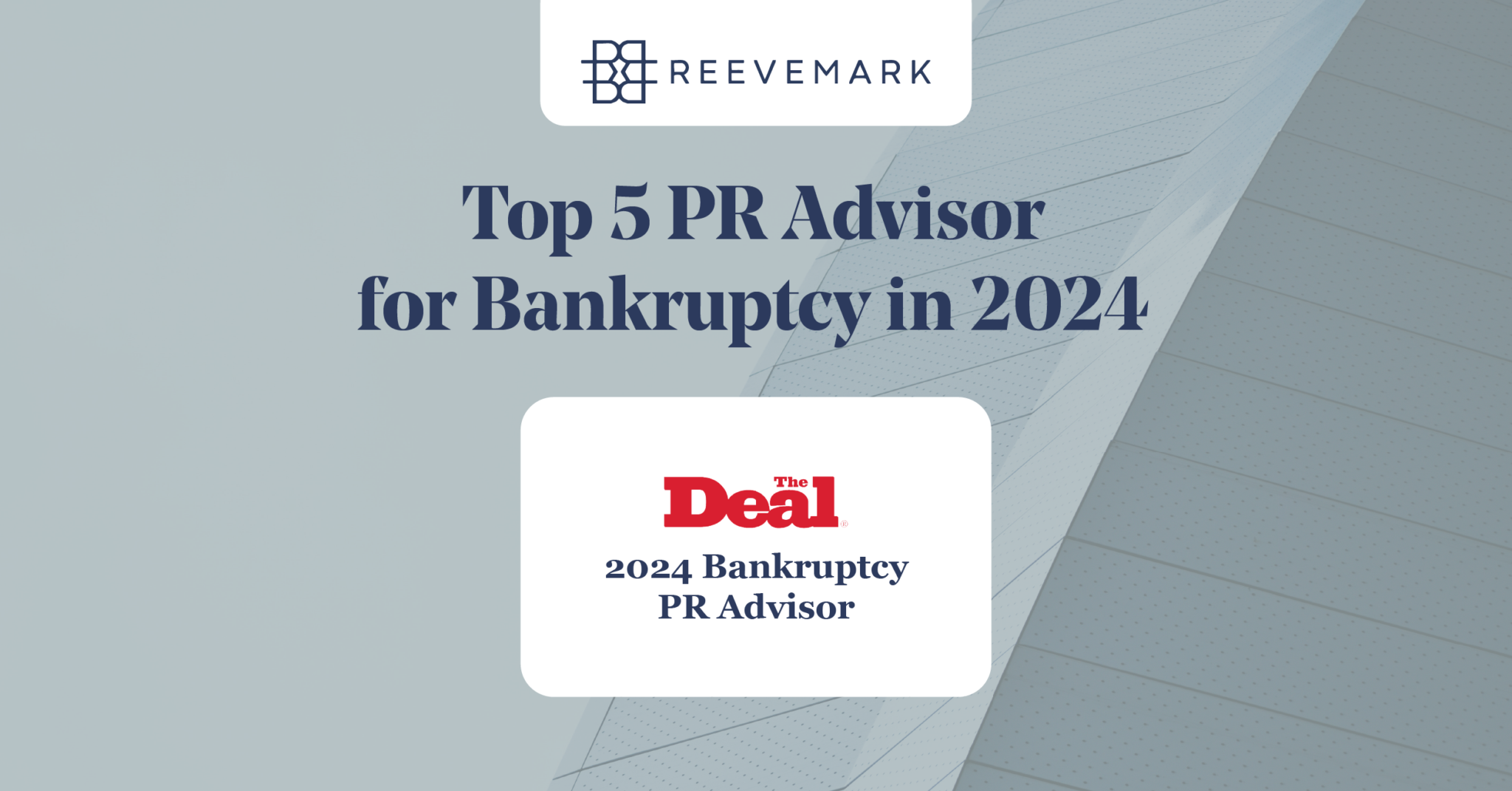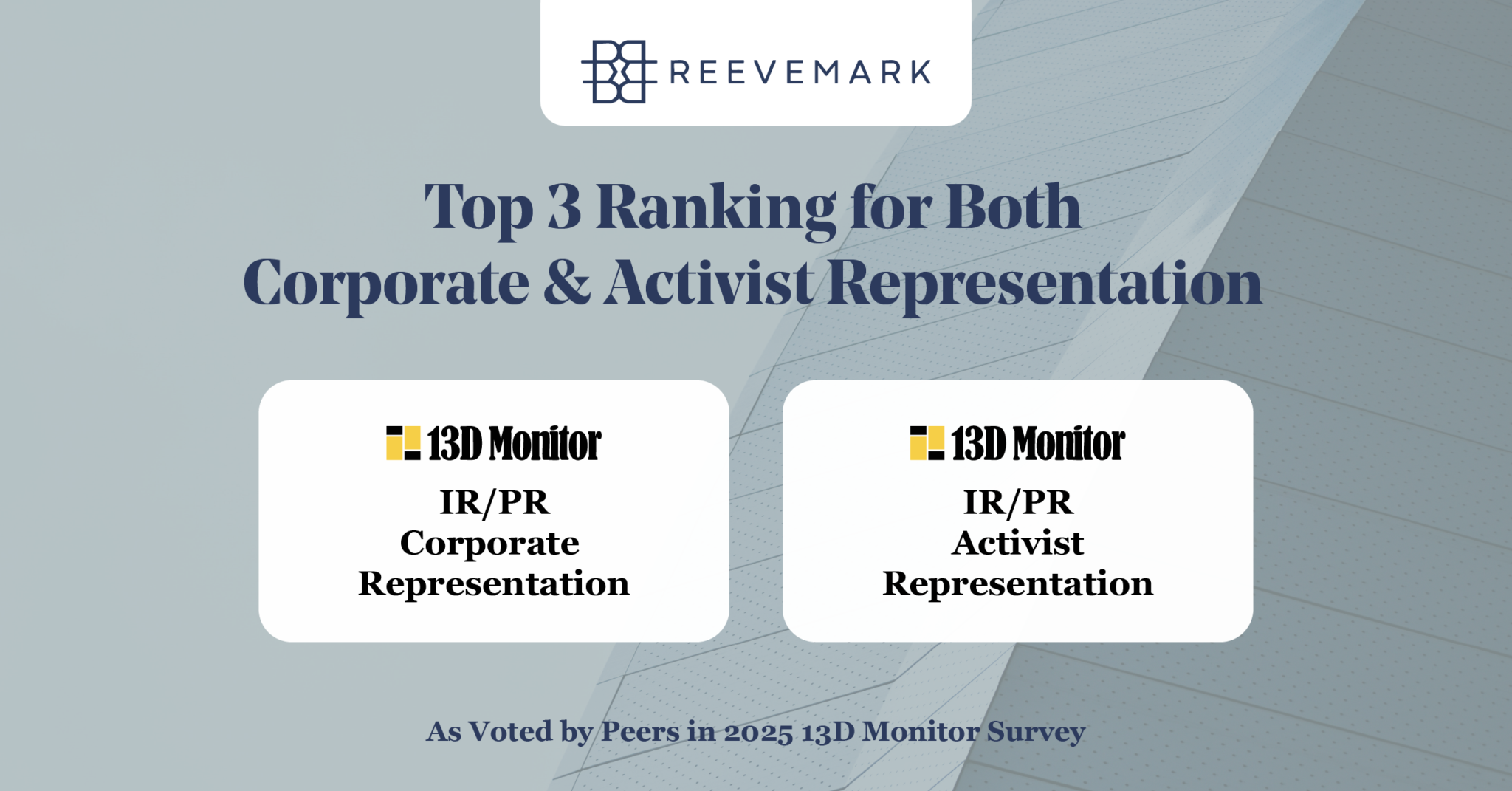Safeguarding your Reputation in the Age of Generative AI

Imagine waking up to an article about you that’s unflattering, rife with inaccuracies, and published by a news outlet you don’t recognize. You never spoke to the reporter – yet, somehow, there are direct quotes attributed to you that sound vaguely familiar.
As you scroll, your memory begins to fill in the gaps. One quote is from an industry conference you participated in seven years ago; another is from a keynote address at your alma mater’s commencement years earlier. Now stripped of context, these remarks are presented as your current views. The article is dated today. The framing feels deliberate. And the words no longer represent what you believe.
How is this possible? And more importantly, how can you prevent the story from gaining traction and damaging your reputation?
Unfortunately, you’ve fallen victim to generative AI, technology that can scrape preexisting content from across the internet and reassemble it into seemingly original content without human oversight. The result often includes confusing syntax, factual errors and misleading content – like this bot-written piece providing inaccurate advice on how to watch all the Star Wars movies in chronological order.
While video or voice deepfakes and AI-driven scams tend to grab headlines, a quieter shift is underway: news organizations are increasingly incorporating AI-generated content into everyday reporting. A 2024 study by the Associated Press found that nearly 74% of news practitioners said their organizations are using generative AI, and NewsGuard, a rating system for news and information websites, identified 1,254 AI-generated news and information sites operating with little to no human oversight.
If this sends an Orwellian shiver down your spine, you’re not alone. But the economic advantages of using machine learning in the newsroom are real. Struggling news organizations have shuttered local publications and cut staff, leaving those who remain with bigger workloads and scant resources. For many, AI offers a tempting solution, churning out low-value content and freeing up human journalists for more nuanced or meaningful reporting.
While some outlets have taken steps to be more transparent – for example, by replacing fake reporter bylines and headshots with small badges that say “AI” – generative AI remains a new, largely unregulated technology. That’s why it’s essential to educate yourself on how to recognize AI-generated content and reduce its potential impact on you or your organization.
- Monitor Your Digital Footprint: Keep close tabs on new content mentioning you or your company. The sooner you identify inaccuracies, including within generative AI platforms themselves, the easier they are to address.
- Act Quickly: If an inaccurate article is published, reach out to the reporter or editor immediately (or have your PR firm do so). While AI-generated articles can be harder to correct, swift outreach remains the first and most effective line of defense.
- Always Correct Misinformation: Even seemingly minor errors in public databases or webpages can snowball. AI models can surface and reuse that data indefinitely, so it’s critical to correct misinformation in real time.
- Watch for Red Flags: Certain types of content – such as listicles – are often AI-generated and built to game search engine algorithms to maximize traffic. If you or your company are included in this kind of piece, it could be the work of a bot, not a journalist.
- Leverage Available Tools to Detect Bot-written Stories: Certain tools offer quick ways to determine if content was generated by AI-based large language models. However, there’s unfortunately no one industry standard for disclosing generative AI content. While some platforms are beginning to label such content, it’s not a requirement universally (yet).
Generative AI is a moving target, and the landscape may look very different as large language models become more sophisticated. In the meantime, stay vigilant and rely on the experts to prevent generative AI from negatively impacting both your digital footprint and real-world reputation.
Get in Touch
For more information about Reevemark or to inquire about a potential engagement, please send us an email.
Email Us


